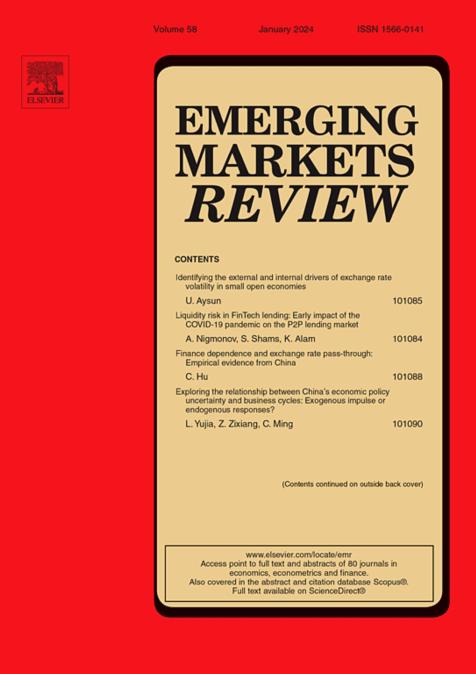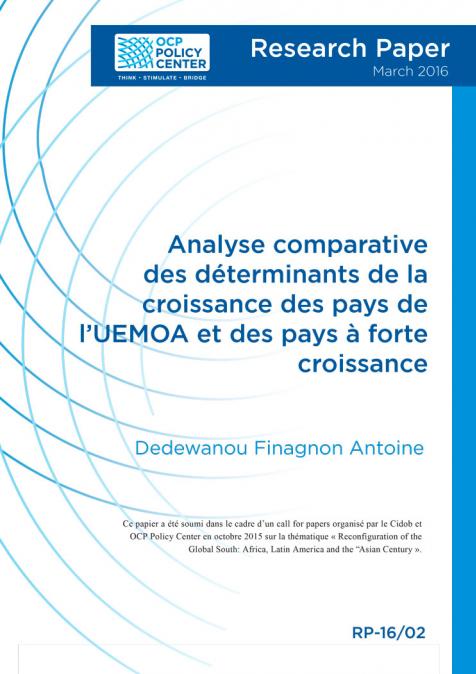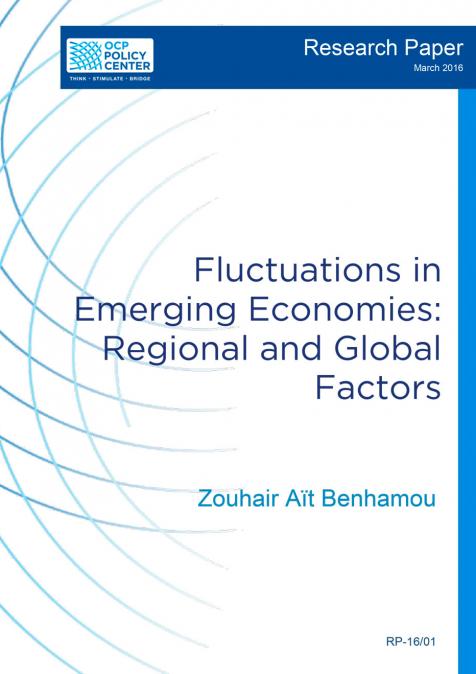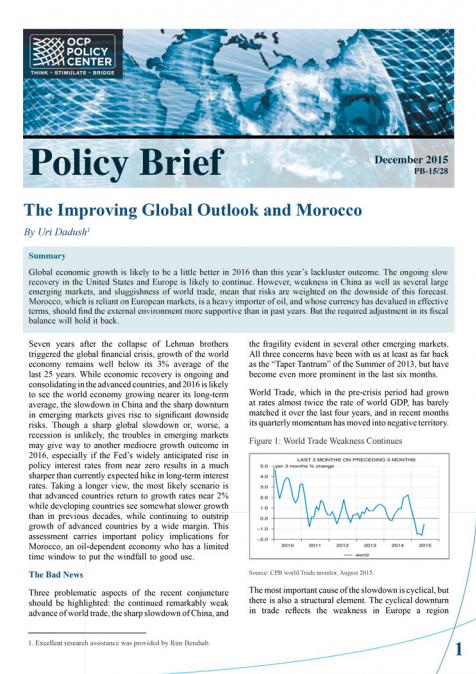Publications /
Research Paper
This paper was originally published on sciencedirect.com
Our study aims to investigate the role of financial inclusion as a mediator in the relationship between contextual factors and entrepreneurial willingness in Africa. While previous research has emphasized the importance of improving institutional and contextual factors to foster entrepreneurship, our study adds a new dimension by highlighting the critical need for tailored financial services that can cater to the unique needs of African entrepreneurs. In light of this, we have employed a robust and comprehensive methodology, leveraging micro-level data that covers 44,129 African adults and using Instrumental Variable Probit estimation. This approach allows us to offer valuable insights into the factors driving entrepreneurship in Africa. Our results suggest financial inclusion as a crucial determinant in the relationship between contextual factors and entrepreneurship in Africa, with the usage dimension being more important than the access dimension. Our findings reveal that the impact of contextual factors on entrepreneurship in Africa is strongly influenced by financial inclusion. By acting as a mediator, financial inclusion plays a pivotal role in shaping entrepreneurial willingness. Moreover, policymakers in Africa should focus on improving the business environment, addressing key contextual determinants of entrepreneurship where most African countries face a significant deficit compared to the world's top-ranking economies. These determinants include institutional quality, infrastructure, Information and Communication Technology (ICT) adoption, health, skills, product market, labor market, and innovation capability. Our study advances the field of research in two key ways. First, it provides empirically grounded evidence on both individual and contextual factors that can stimulate entrepreneurship in Africa. Given the representativeness of our sample, the policy implications of our study are valuable, offering useful insights for international institutions and policymakers working to promote entrepreneurship in Africa. Second, in contrast to previous studies on financial inclusion that use macroeconomic data to quantify the multidimensionality of financial inclusion, our study is unique in that it constructs a financial inclusion index based on microeconomic data to quantify the financial inclusion level of each individual in our sample.







